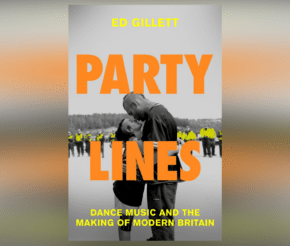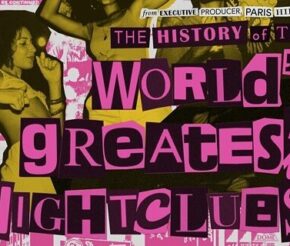- Advertise
-
Subscribe
Music Preferences Can’t Be Genre-Fied, Study Says
We’ve all been there, happily boxed into our favorite genres, comfortably wearing labels like rock lovers or pop enthusiasts. But a new study revealed that musical preferences don’t fall into broad, predefined music genres – they are far more nuanced than that.
Researchers surveyed over 2,000 people, examining their preference for five major genres: European classical music, electronic dance music (EDM), metal, pop, and rock. Rather than stopping at the genre level, the study delved deeper, uncovering a fascinating patchwork of preferences for various sub-genres.
“Our analysis demonstrated that individuals who share a fondness for the same genre can exhibit markedly diverse preferences when asked about their preferred sub-genres,” said the study’s lead author, Anne Siebrasse.
“When examining genres at a broader level, fans of both the Beatles and the Rolling Stones would be categorized as rock enthusiasts. Nevertheless, these fans themselves would likely perceive significant distinctions between the two bands and their respective styles.”
Siebrasse further added that individuals who enjoy the same genre could have unique preferences spanning various sub-genres within major categories.
In collaboration with co-author Melanie Wald-Fuhrmann, Siebrasse designed a unique survey beyond primary music genres. This approach allowed them to map out ‘taste classes,’ further fracturing the misconception of homogenous genre fans.
By examining attitudes towards sub-genres, the researchers identified several taste categories. Three showcased a consistent preference level for all subgenres, ranging from high to moderate to relatively low.
However, the study also revealed two unique taste categories that displayed clear preferences for specific types of music. These categories differed based on the complexity of the music, with one showing a marked preference for more intricate sub-styles while the other favored those that were easier to comprehend.
Regardless of the genre, the mainstream subtypes tended to be favored over the more challenging alternatives.
The researchers also noted that sociodemographic and personality factors hit a high note in our music preferences. For instance, nostalgia plays a pivotal role in pop, as people tend to gravitate towards hits from their 20s.






